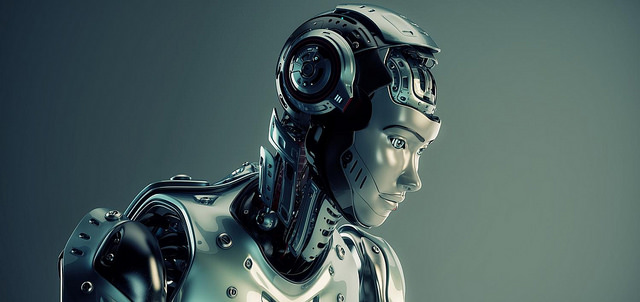
Most youth and people in general don’t get what AI is all about. AI which stands for Artificial Intelligence “involves the creation of intelligent machines or services that work and react like humans – a feature that is now increasingly found in almost everything from translation services to virtual assistants to video games. Leveraging the potential of AI to execute tasks such as data analytics, speech recognition, and problem solving, people can be empowered to achieve more and yet do less,” according to Microsoft.
Elon Musk has the Tesla and plans to have an underground road network which are future implementations of AI. In our increasingly digital world, new and emerging innovations are set to disrupt the way people live, work and play. According to youth across the Asia Pacific region, the most exciting technologies expected to have the largest impact on their future lives will be artificial intelligence (AI), virtual/mixed/augmented reality (VR/MR/AR), and Internet of Things (IoT), based on survey findings released today by Microsoft.
Youth across Asia Pacific rank artificial intelligence as the most exciting technology innovation that will affect their lives. In the Microsoft Asia Digital Future Survey, 1,400 youth were polled across 14 markets across the Asia Pacific region, comprising Australia, China, Hong Kong, India, Indonesia, Japan, Korea, Malaysia, New Zealand, Philippines, Singapore, Taiwan, Thailand and Vietnam.
Artificial intelligence (AI) is ranked as the top technology that youth expect to have the biggest impact on their lives. In recent years, the confluence of power devices, cloud and data has enabled bold visions on how AI can be an integrated part of our digital future.
According to the survey, these are the three scenarios that youth anticipate that the biggest improvement to their lives from AI (ranked from top): Connected or driverless cars (39%), Software robots that improve productivity (36%), Robots as social companions (19%)
The second-ranked technology that youth are excited about is virtual/mixed/augmented reality. Augmented reality involves creating or placing a virtual world inside the real world, while virtual reality is about creating a feel of a real world inside a virtual world. Mixed reality combines both elements, where a user can navigate through the real world interacting with virtual objects and real-life notions such as ‘depth’.
The third-ranked technology that youth are most excited about is the Internet of Things (IoT). IoT refers to the ever-growing network of physical objects connected to the Internet and the communication that occurs between these objects and other devices and systems. This includes everything from street sensors, home appliances, wearables, and vehicles.
A survey by Microsoft found that youth are looking forward to AI and other technologies to help them to (ranked from top): Increase their productivity, facilitate the way they connect with people, improve their physical and mental health
Dave Miller, lead for Developer Experience, Microsoft Asia Pacific, said, “With more than 60 percent of the world’s youth found in Asia Pacific, this region will be a hotbed for the world’s digital revolution. It is exciting to see how youth are looking forward most to the benefits that future innovations can bring. Artificial intelligence, combined with virtual/augmented/mixed reality, and Internet of Things, provide incredible digital transformation opportunities for nations and organizations to carve an exciting new future for all of us.”
Looking ahead, 6/10 youth feel their country is not ready to adapt to digital disruptions. To address this, they feel a top priority is to ensure schools prepare students with the right skills to fully leverage future innovations (30%); followed by creating conducive business environments to encourage start-ups (29%), and making technology accessible to all citizens (24%).
The survey also revealed some of the concerns held by youth around the increasingly digital world. Among their top three concerns are:Security and privacy (28%), Relationships becoming too impersonal (27%), Potential loss of jobs (26%)
“The top concerns by youth around privacy and security reflect how people don’t use technology that they don’t trust,” said Miller. “As significant technological advances continue to permeate our daily lives, public-private partnerships will play a critical role in building a digital future based on trusted computing environments and unlocking all the potential that technology promises.”
According to the survey, youth feel strongly that public-private partnerships (37%) are needed to drive innovations, ahead of the public sector or the government going at it alone (29%); technology start-ups (18%); and the private sector (15%).
As we have celebrated International Youth Day, we should consider the path ahead of us as youth and map a way forward for ourselves in terms of employment and development and the impacts of AI on our lives in the future.
Article by Nelson Madzima.





